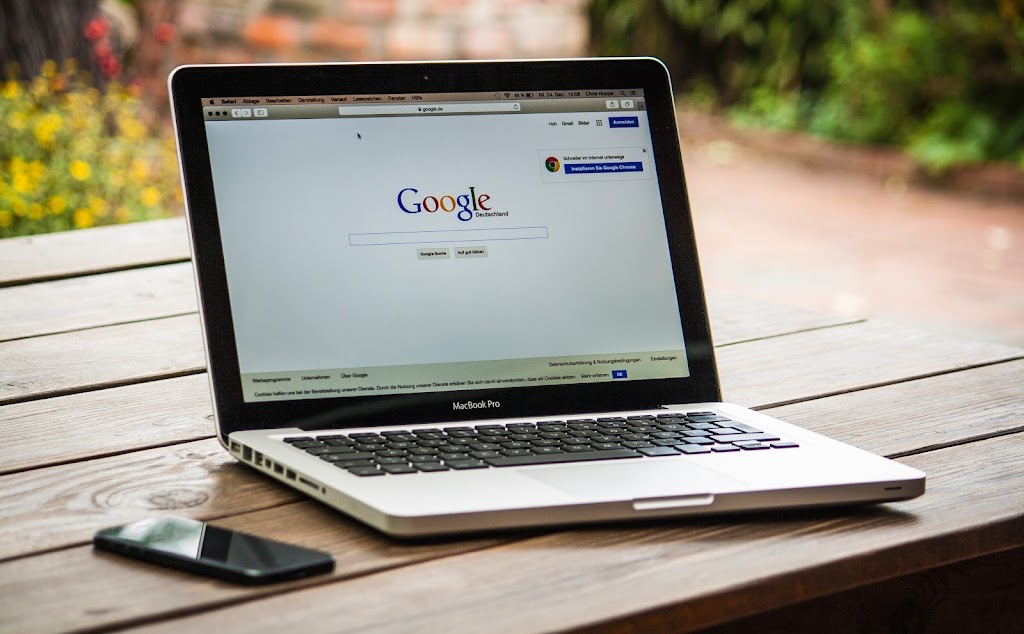In the digital age, all sectors of activity are impacted by new technologies. Health is no exception. Between revolution and caution, remote self-medication is to be taken with a grain of salt.
If in certain developed areas of the world, particularly in France, the health sector is modernizing at breakneck speed and most inhabitants have access to quality care, this industry is suffering from a constant strong increase in demand. According to a study by Drees, the Department of Research, Studies, Evaluation and Statistics of the Ministry of Health, even if in January 2018 France had 226,000 doctors inactivity, 1,500 more than the last year and 10,000 more than six years ago, that is still not enough… and it shows: saturated healthcare centers
, overstaffed staff, degraded infrastructure, problems with the inventory of specific medications, and expanded holding up times. sitting tight for patients in medical clinic halls, the French fortitude framework needs more experts and more financial plans to fulfill the needs of a developing populace. In this complicated context, the acceleration of digital technology opens up many opportunities. But which ones? For who? And above all, at what cost?
technologies: a miracle cure for health an isolated population
Imagine that you live far from everything, in the mountains or a village lost somewhere in the diagonal of the void between La Meuse and the Landes. You need medicine to treat yourself, but it takes more than a day to get this treatment to where you live. What would you do? Expect? Now imagine if you could order this medicine from the screen of your solar-powered living room, pay the bill from your mobile phone and collect your delivery delivered by a drone to your doorstep in less than 90 minutes… thanks to new technologies, this is now possible.
Faced with unequal access to care, e-health takes on a little more space in the sector every day. According to experts, digital is a key factor that will allow the expansion of universal health coverage by breaking down certain barriers such as costs, complicated access, or lack of quality of care, while extending the range of services offered particularly in regions where infrastructure and personnel are scarce or non-existent.
Remote medicine: an adapted solution for responsible patients
E-health promotes self-medication, a so-called responsible and autonomous practice allowing sick people to treat minor ailments such as a cold, a migraine, or temporary digestive disorders without going through medical consultation. Time-saving? Yes. An opening to better care for isolated populations? Surely. But is it possible to prevent overconsumption, limit misuse, and prohibit the stockpiling of medicines remotely? It seems to be very complicated. And what to do when the intervention of an expert on-site is required? This takes us back to the first issue.
If technology cannot be the medicine of tomorrow, it can nevertheless help this sector to develop. The complementarity between humans and machines could in particular contribute to improving the transmission of information between healthcare professionals and patients, to ensuring good quality continuous medical monitoring thanks to automated indicators, to intervening faster, further, and with reduced costs, to prioritize consultations via telemedicine or even to provide better quality and greater diversity of care offered in hospitals which today are crumbling under the excessive demand of a growing population.
In this context, between concerns and hopes, the future of the health sector seems to be contrasted and sometimes even disputed by experts worried about the use of data provided by patients to private companies which are over boosting the digitization of the sector to save millions of lives in exchange for millions of euros. Faced with this digital revolution, finding the right balance between the interventions of humans and those of machines will surely be one of the main challenges of modern societies.
Trust: a central element of the patient journey
Including digital technology in the patient journey is a major challenge for healthcare professionals. More than elsewhere, the notion of trust is key when it comes to a person’s physical and mental well-being. From the processing of personal data to the delivery of medicines through online consultations, although dematerialization can pay off big, it worries many in France. According to PwC’s 2018 Global Consumer Insights study, only three out of ten patients would trust so-called non-traditional suppliers to deliver pharmaceutical products or receive medical test results via a connected device. Digital: yes, if it is reassuring and proves that it is secure. So that progress can be shared by all, the
The race for health data is therefore on. The sensitive nature of this data raises ethical questions regarding its collection and processing by algorithms. The irreversible digitization of the body, however, goes beyond the way of exploiting this data in a course of care stricto sensu. If France wants to stand out, it will have to guarantee that ethical and deontological considerations are integrated from the design of the tools until after the deployment phase and also be part of a global rather than a national perspective.




